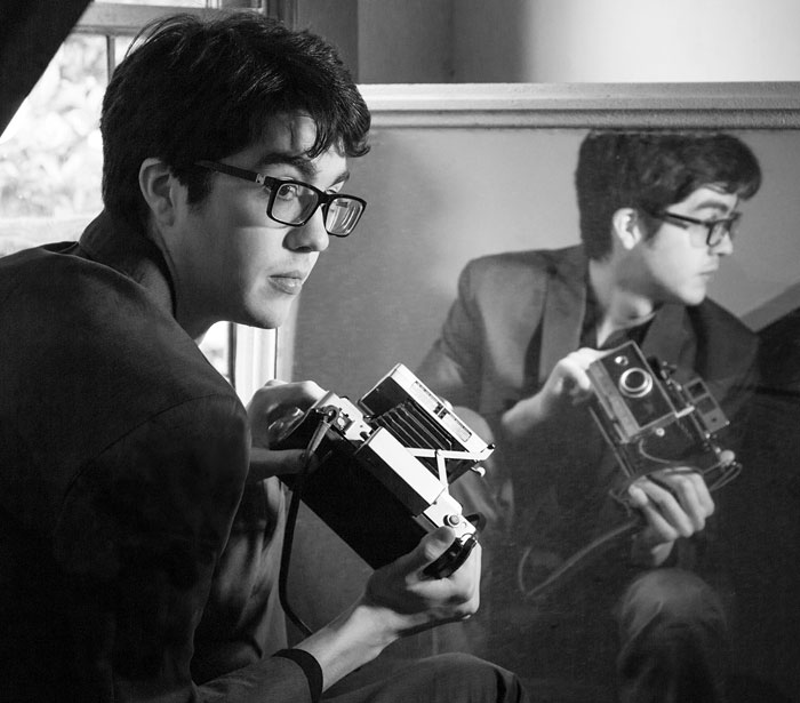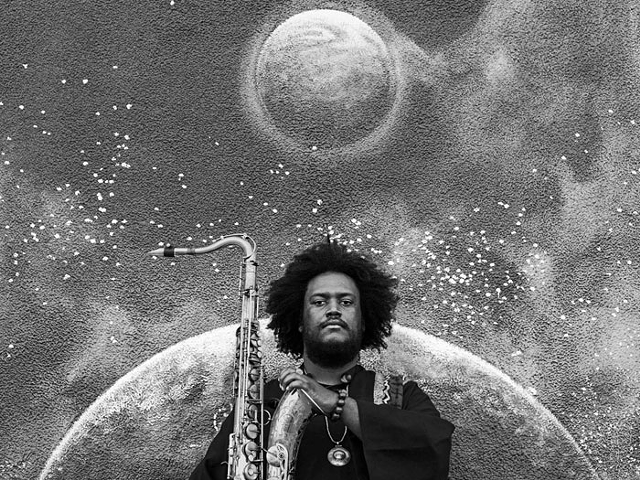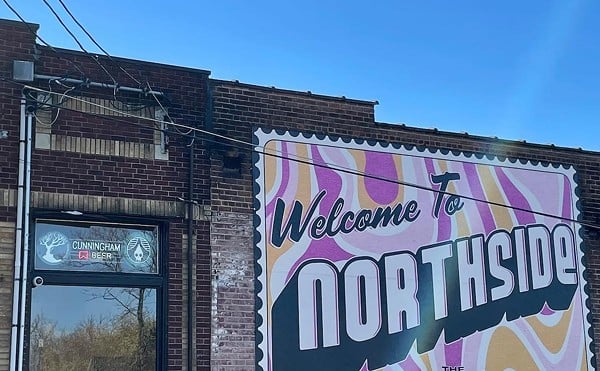Car Seat Headrest seems to have burst onto the scene fully formed, dropping two albums of dynamic, pleasingly slanted Indie Rock in an eight-month span. That includes this year’s Teens of Denial, the type of record that is immediately catchy and reveals new pleasures, both lyrical and sonic, with each listen. Think Guided by Voices fronted by early Elvis Costello. Or Modest Mouse by way of Superchunk.
The reality is a little different — founder and frontdude Will Toledo had been writing songs on his own since 2010, most of which he posted for free as Car Seat Headrest on his Bandcamp page. Things turned after he graduated from college in 2014 — no longer considering music just a hobby, he moved from Virginia to Seattle intent on finding a backing band. Enter Matador Records, which first released a compilation album, Teens of Style — which drew from the best of Toledo’s early, copious solo material — followed by Teens of Denial, which is simply one of the best albums of 2016.
CityBeat recently tracked down Toledo to discuss his move from bedroom craftsman to the maestro of a fully realized band.
CityBeat: Do you approach or think about the songs any differently now that you’ve moved beyond just posting them on a website?
Will Toledo: I never really had any interest in doing the physical product. The way the band started out was a very internet thing. It didn’t make sense to me when I was starting out to pursue that aspect of it. When we did talk to Matador, that became a part of it. It was definitely something I put into consideration while making these records. I guess I sort of think about it as a songs-versus-albums deal. The format of the album still means something special to me that goes beyond the songs in it. In that sense, that’s what translates into the physical for me.
I think it’s a legacy thing where an album is able to be preserved and you can pick up an album 20 years later and have roughly the same experience. And then with the more digital, immediate release style, context matters a lot more. It matters a lot more that you were there at the time experiencing it. That’s something that I was never familiar with growing up, because all the records I was listening to were 30 or 40 years old.
CB: It’s interesting you say that, because sound-wise a lot has been made of the band’s resemblance to classic Indie Rock of the 1990s — stuff like Pavement and Superchunk and Modest Mouse and Guided by Voices.
WT: Well, it’s kind of complicated because my major influences are not those records. I think (my influences are) the records that influenced those bands as well. I was listening to stuff from the ’60s and ’70s when I grew up. But at the same time, by the time I was in high school, I was listening to records from Guided by Voices and all that. They pointed me in a certain direction, but it started earlier than that. It didn’t start with those ’90s bands. So now I feel like people pointing toward Indie Rock touchstones in relation to this record, it’s the obvious choice, but I don’t know if it’s the most accurate one, because that’s not really what I was going for when I was making it.
CB: The other thing that influences that perception is that you decided to sign with Matador, which has a very specific history and context within Indie Rock circles. How did you hook up with them?
WT: They approached me. Car Seat Headrest was pretty much a non-entity at that point, as far as the music industry was concerned. So it was pretty much an all-or-nothing choice. I could keep going with where I was — we had a small but loyal following at that point — and maybe in 10 years we could get enough exposure to get some sort of foothold in the industry, or we could go with Matador. It was a fairly easy choice for me to make, because I wanted to take that step and go on to the next phase of my career.
CB: I read that you designed the new album so that it would be perceived as a debut record. Why did you want it to be perceived that way?
WT: I meant just that I wanted to design it to be my most successful record yet. I’d gotten to a point where I had a lot of records under my belt, and I felt like things were getting a little too dense, a little too self- referential, and I wanted to do something that sort of was a palate-cleanser. It ended up being this record. I wanted to push away from a lot of the stuff Car Seat Headrest had been defined as — lo-fi and the dense, long songs. I wanted to clean stuff up and sort of start fresh, especially since I knew, by 2015, that this record was going to get a lot more attention than any of my others. So for a lot of people it would be a debut.
CB: The songs on this record seem to be written from more of a first-person perspective. Why were you interested in moving in that direction?
WT: I was going into this album from a solo one called Nervous Young Man, which had a lot more character writing in it, third-person stuff or just singing from different characters’ perspectives, and I discovered I didn’t really like it. The songs that I wrote that way didn’t hold up. I felt like I was just being a second-rate author doing that sort of stuff. The appeal of being a musician and making music is that you can kind of indulge your ego a little bit. More than in any other type of art you’re allowed to sing about yourself a lot without it seeming too indulgent. I ended up playing that up on this record. I think it was the right step. I think it gives it more of a distinct personality. There’s also room for that personality to change on future records.
CAR SEAT HEADREST plays 6:45 p.m. Saturday on the WNKU Stage at 2016’s MidPoint Music Festival. Visit mpmf.com for tickets and details.






